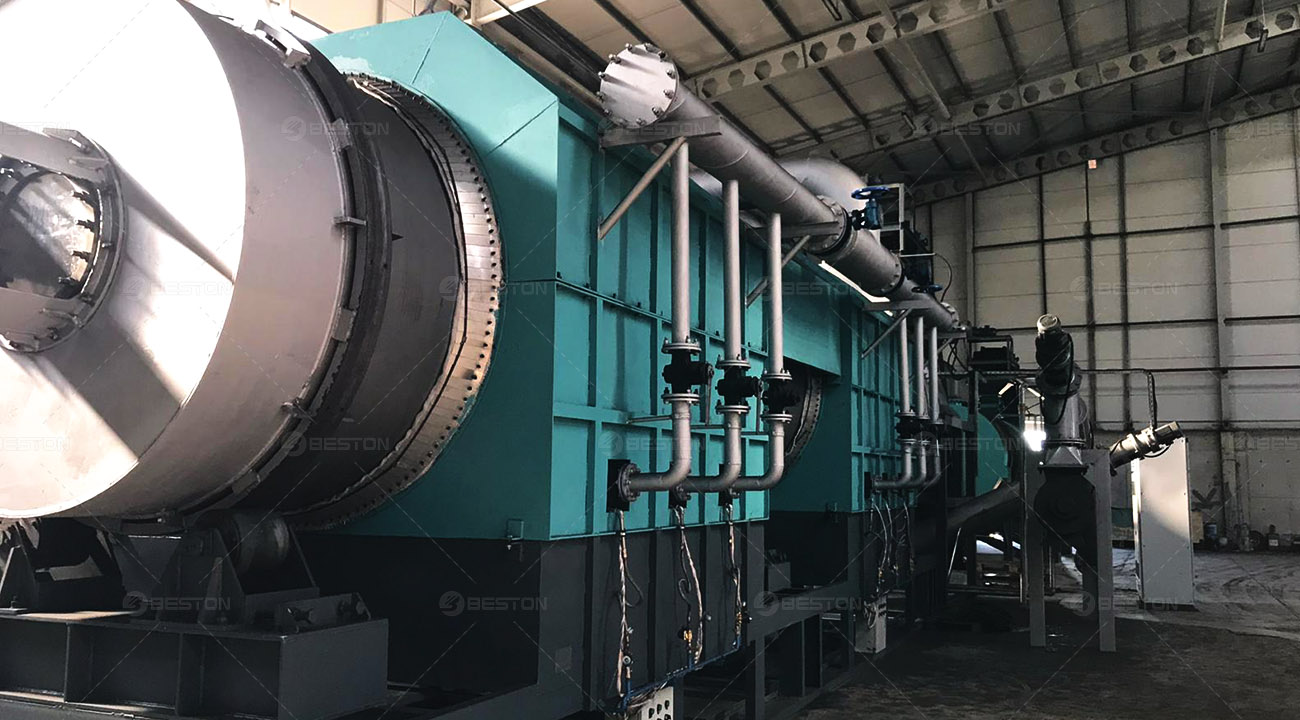Introduction
In the ever-evolving landscape of agriculture, achieving sustainability is paramount. This article delves into the intricate relationship between sustainable agricultural development and the production of biochar—a carbon-rich substance derived from organic materials through pyrolysis.
Benefits of Biochar in Sustainable Agriculture
Soil Enrichment and Fertility
Biochar serves as a potent soil amendment, enhancing soil structure and nutrient retention. Its porous nature creates a conducive environment for beneficial microbial activity, fostering a robust foundation for sustainable agriculture.
Carbon Sequestration
A key facet of sustainable agriculture is the mitigation of carbon emissions. Biochar, through the pyrolysis process, not only prevents the release of carbon into the atmosphere but also acts as a stable carbon sink in the soil, contributing to carbon sequestration efforts.
Reduction of Greenhouse Gas Emissions
By diverting organic materials from conventional waste disposal methods, biochar production reduces the emission of greenhouse gases associated with decomposition. This dual-action underscores its role in promoting sustainable practices in agriculture.
Challenges Addressed by Biochar in Agriculture
Soil Degradation
Biochar acts as a formidable ally against soil degradation—a common challenge in agriculture. Its introduction enhances soil resilience, mitigating the impact of erosive forces and promoting sustainable land use practices.
Nutrient Runoff
The use of chemical fertilizers often leads to nutrient runoff, adversely affecting water ecosystems. Biochar, with its nutrient retention capabilities, addresses this challenge by minimizing the leaching of essential elements, contributing to water quality preservation.
Dependence on Chemical Fertilizers
Sustainable agriculture seeks alternatives to reduce dependence on synthetic inputs. Biochar’s ability to enhance nutrient availability in the soil offers a pathway to sustainable practices, diminishing reliance on chemical fertilizers.
Biochar Production Techniques
Pyrolysis Process
-
Slow Pyrolysis Slow pyrolysis involves the gradual decomposition of organic material at low temperatures, resulting in a higher biochar yield and a more stable carbon structure.
-
Fast Pyrolysis Fast pyrolysis, characterized by higher temperatures and rapid heating rates, yields biochar with different properties, often emphasizing its use in specific agricultural applications.
Feedstock Selection
The choice of feedstock significantly influences the characteristics of the produced biochar. From agricultural residues to forestry byproducts, selecting appropriate feedstocks is a crucial consideration in sustainable biochar production.
Temperature and Residence Time Control
Fine-tuning the pyrolysis process parameters, such as temperature and residence time, is essential for optimizing biochar properties. This precision ensures the production of biochar tailored to the specific needs of sustainable agriculture.

Future Prospects and Research Frontiers
Innovations in Biochar Production
Ongoing research explores innovative approaches to pyrolysis of biomass, including novel feedstocks and advanced pyrolysis techniques. These innovations aim to optimize biochar characteristics and broaden its applicability in sustainable agriculture.
Exploration of Biochar in Precision Agriculture
The integration of biochar in precision agriculture involves tailored application methods based on soil and crop-specific needs. This evolving frontier seeks to maximize the benefits of biochar while minimizing environmental impact.
Collaborative Initiatives for Sustainable Agriculture
Future prospects hinge on collaborative efforts between researchers, policymakers, and the agricultural community. Multidisciplinary initiatives that combine traditional knowledge with cutting-edge technology are essential for the widespread adoption of biochar in sustainable agriculture.
In conclusion, the symbiotic relationship between sustainable agricultural development and biochar production represents a promising avenue for addressing contemporary challenges in agriculture. As biochar continues to weave itself into the fabric of sustainable practices, its role in fostering resilient and environmentally conscious agriculture becomes increasingly evident.

Comments
No comments yet. Be the first to react!